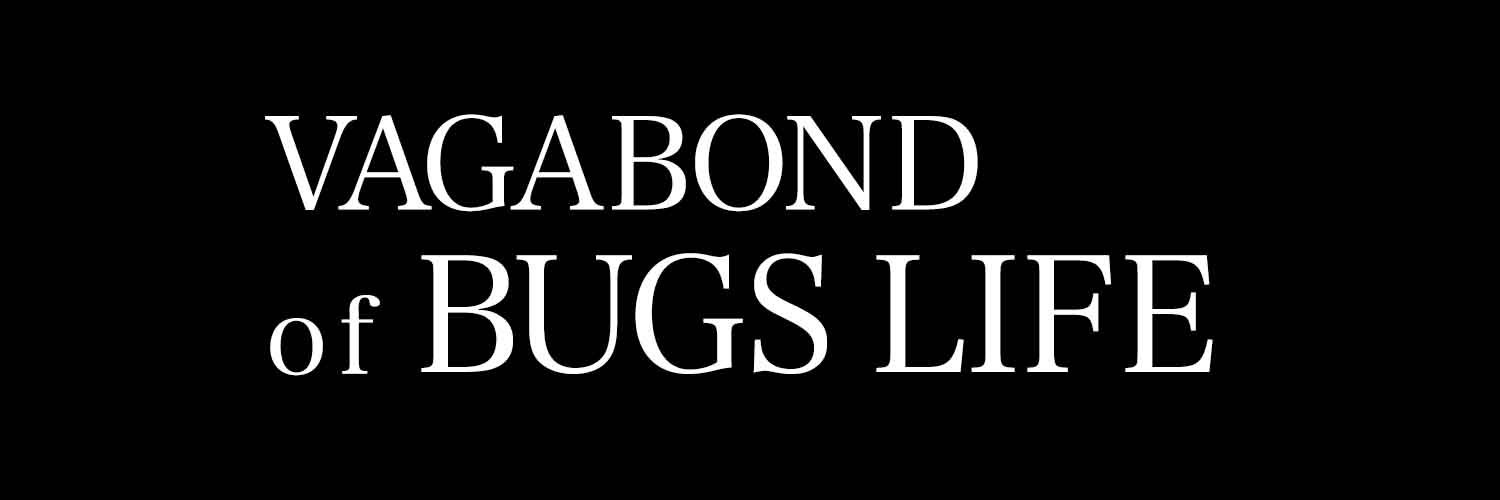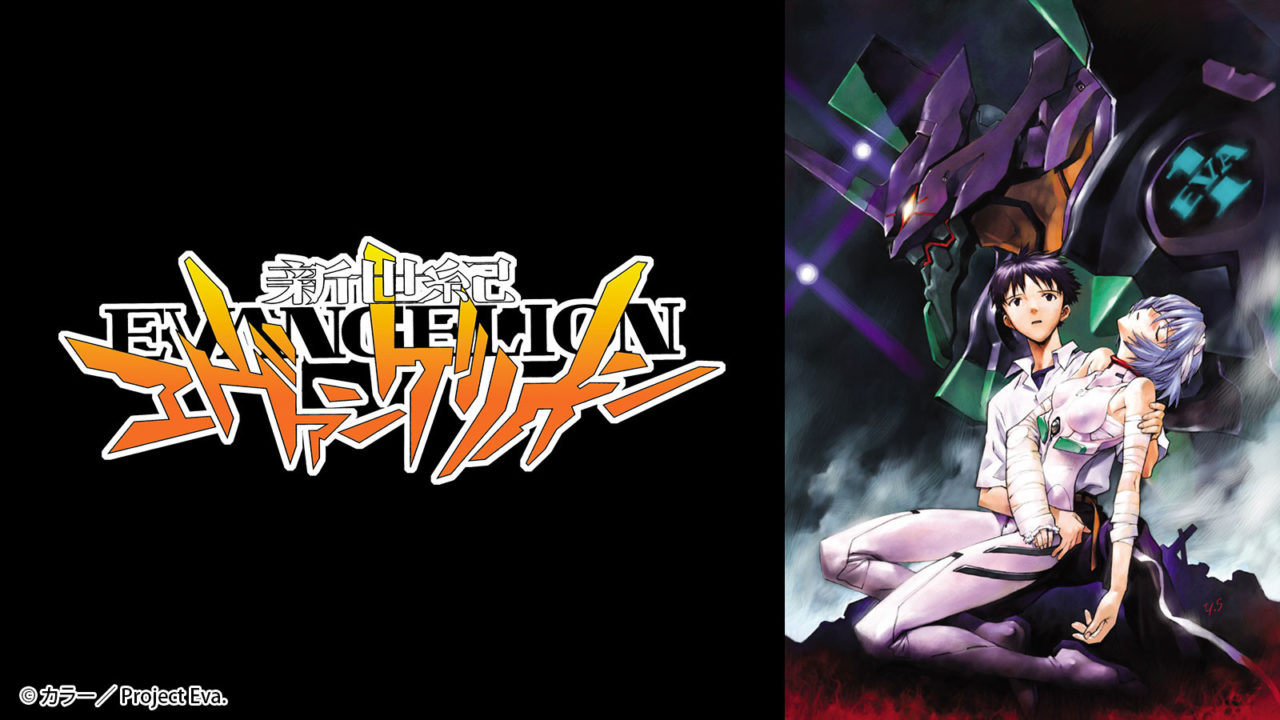I’m going to introduce some of the most traumatic Japanese anime available on Netflix at the moment.
I like not only insects but also movies and anime.
I decided to write about it this time.
Neon Genesis Evangelion
If you’re Japanese, there’s probably no one who hasn’t heard the name of this anime, it’s so famous.
However, as a robot anime, it is a synonym for the otaku.
I don’t think there are many people who have seen it because it is a film that is chosen by many people because of its content.
Storyline of Neon Genesis Evangelion
The time is 2015.
The protagonist, Shinji Ikari, is called by his father, Gendo, and ordered to fight against the unidentified enemy “Apostle” in a humanoid giant weapon, Evangelion.
A coming-of-age comedy that depicts the conflicts unique to adolescents through their battles with the “Apostle” (it’s not a comedy, but you’ll know it’s a comedy if you watch it all)
The 1995 televised version was 26 episodes.
You should also watch the movie version of “Air/I’ll give the true love for you”, which depicts the televised version’s 25 episodes and 26 episodes from a different perspective.
And if you watch them, you’re pretty much OK.
A new four-part theatrical version was released as a new remake in 2007, with a
final chapter scheduled for release in 2020. (There’s a good chance the release will be postponed due to world conditions.)
Thoughts on watching Evangelion
The content is easy to understand until the middle of the story, and the story is interesting as it goes along the royal road of robot anime.
However, after one story, it starts to go in a confusing direction and becomes chaotic. A lot of stories started to get harder and I couldn’t keep up with them.
The televised version of episode 25 and 26 is so remarkable that I don’t know what’s going on. (A movie version was made to compensate for that.)
One theory is that the screenplay didn’t come out in time for the TV broadcast, so they crammed it in as they saw fit. (This is what I feel while watching it.)
It seems to have been an unexpected success, and the work is still talked about to this day.
What Evangelion has brought to Japanese society
Back in 1995, Evangelion was on the air during the hours when kids were normally awake, not in the late-night programming zone. This kind of anime was aired during the hours when the kids were awake.
Incidentally, in the town where I was born and raised, it was broadcasted in the morning (although I didn’t see it then because I was still young).
The final episode was so shocking that reruns made Evangelion popular and even became a social phenomenon.
It’s hard to speculate whether Evangelion is an influence, but many of Japan’s thugs are of the same generation as the main character Shinji Ikari, who was 14 years old in 1995.
For example, a serial killing and wounding incident of a boy or a street riot in Akihabara.
The TV broadcast of Evangelion coincided with the bursting of the bubble economy, the Great Hanshin-Awaji Earthquake, the Aum Shinrikyo cult, and other events that shook Japanese society.
When I finish watching Evangelion, I feel strangely tired.
I don’t think I’ve been affected that much since I saw it as an adult, but if I was 14 years old in 1995 and watched Evangelion, I wonder what kind of adult I would have become.



